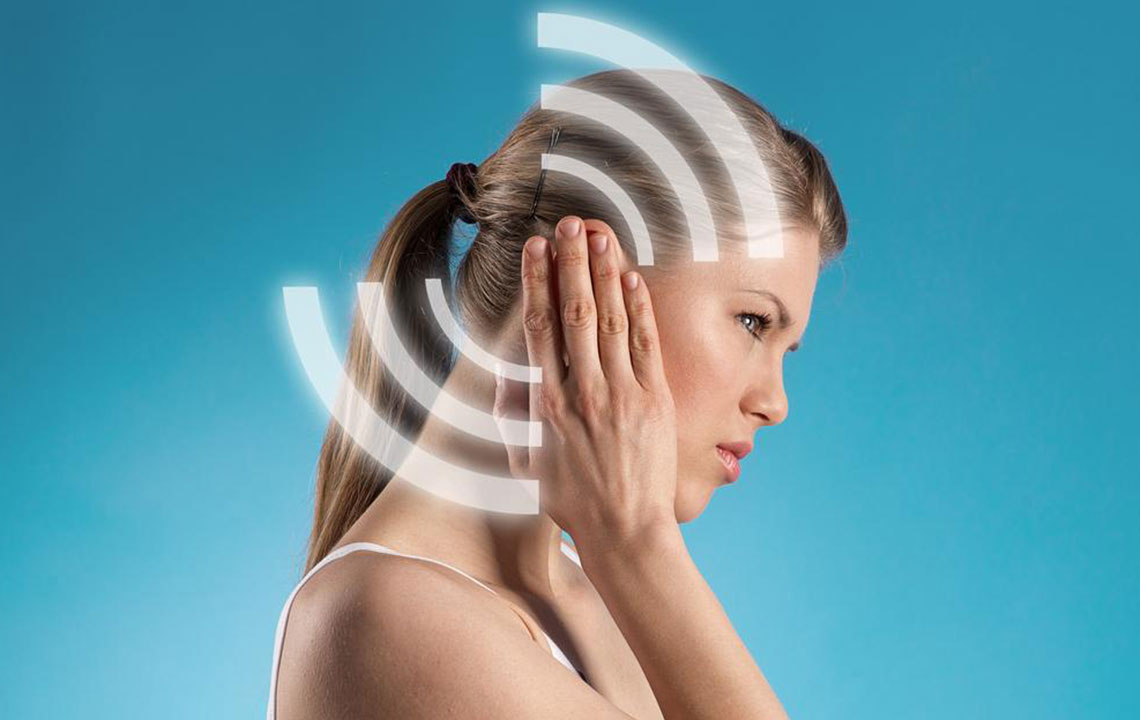Understanding Tinnitus: Types, Causes, and Symptoms
Discover comprehensive insights into tinnitus, including its types, causes, symptoms, and natural options for relief. This overview helps individuals understand the condition better, guiding them towards effective management and awareness of common triggers and remedies.

Understanding Tinnitus: Types, Causes, and Symptoms
Tinnitus, commonly known as ringing in the ears, involves hearing noises like buzzing, chirping, hissing, or whistling that may be constant or intermittent. The sounds are usually more noticeable in quiet environments, such as at night, and can sometimes sync with the heartbeat, known as pulsatile tinnitus. Affecting around 50 million adults, tinnitus can be bothersome, impair focus, and disrupt sleep. Although often linked to hearing loss, tinnitus is a distinct condition. Below, we explore its different types, causes, symptoms, and possible natural remedies.
There are several types of tinnitus, each with unique characteristics:
Types of Tinnitus:
Subjective tinnitus – The most common form, caused mainly by exposure to loud noises. Only the individual hears the sounds, which can fluctuate in intensity and duration. Hearing aids with calming sounds often help.
Sensory tinnitus – Usually resulting from damage to the auditory system, with no current cure. Management involves therapies aimed at controlling symptoms, as it is linked to how the brain processes sounds.
Somatic tinnitus – Related to physical movements or muscle spasms in the neck or ear. Mechanical issues like these can sometimes be heard by others, and treatments such as massage or sound therapy can be effective.
Objective tinnitus – A rare type that can be heard by others using a stethoscope and often aligns with the heart rhythm.
Causes of tinnitus include:
Age-related hearing decline, especially after age 60.
Excessive smoking, as tobacco can contribute.
Gender differences, with men being more affected.
Prolonged exposure to loud environments, at work or home.
Excess earwax buildup.
Side effects of certain medications.
Symptoms to watch for:
Ringing, buzzing, or whistling sounds in one or both ears.
Sensitivity to loud noises.
Initial hearing difficulties.
Associated stress, fatigue, or depression.
Natural foods that may alleviate tinnitus symptoms:
Pineapple
Apple cider vinegar
Glycerin with salt
Green tea
Castor oil
Important Notice:
The information provided here aims to offer helpful insights across health topics. While research and data are shared for educational purposes, this content should not replace professional medical advice. The website is not responsible for inaccuracies or variations found elsewhere. Readers should consult healthcare providers for personalized diagnosis and treatment recommendations.










